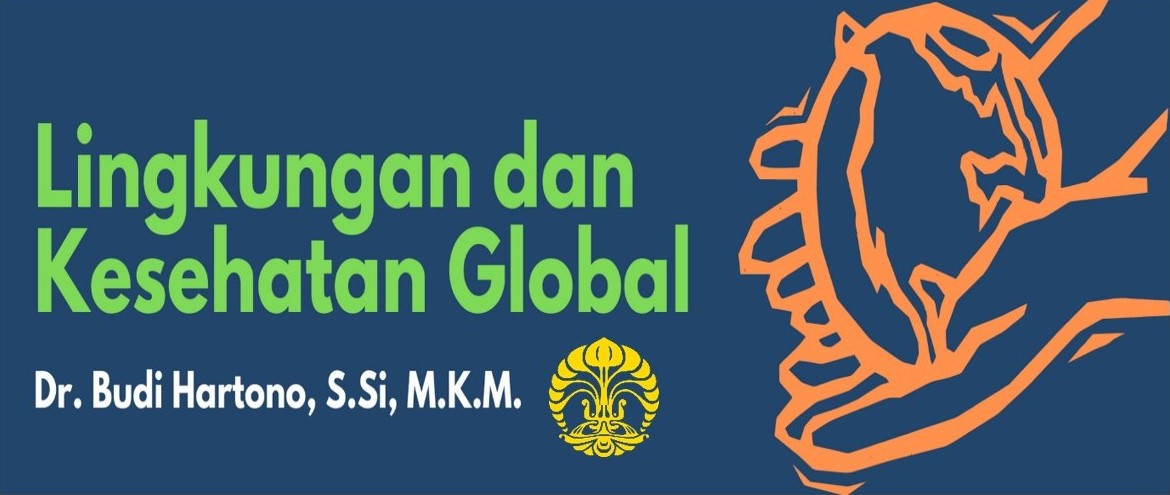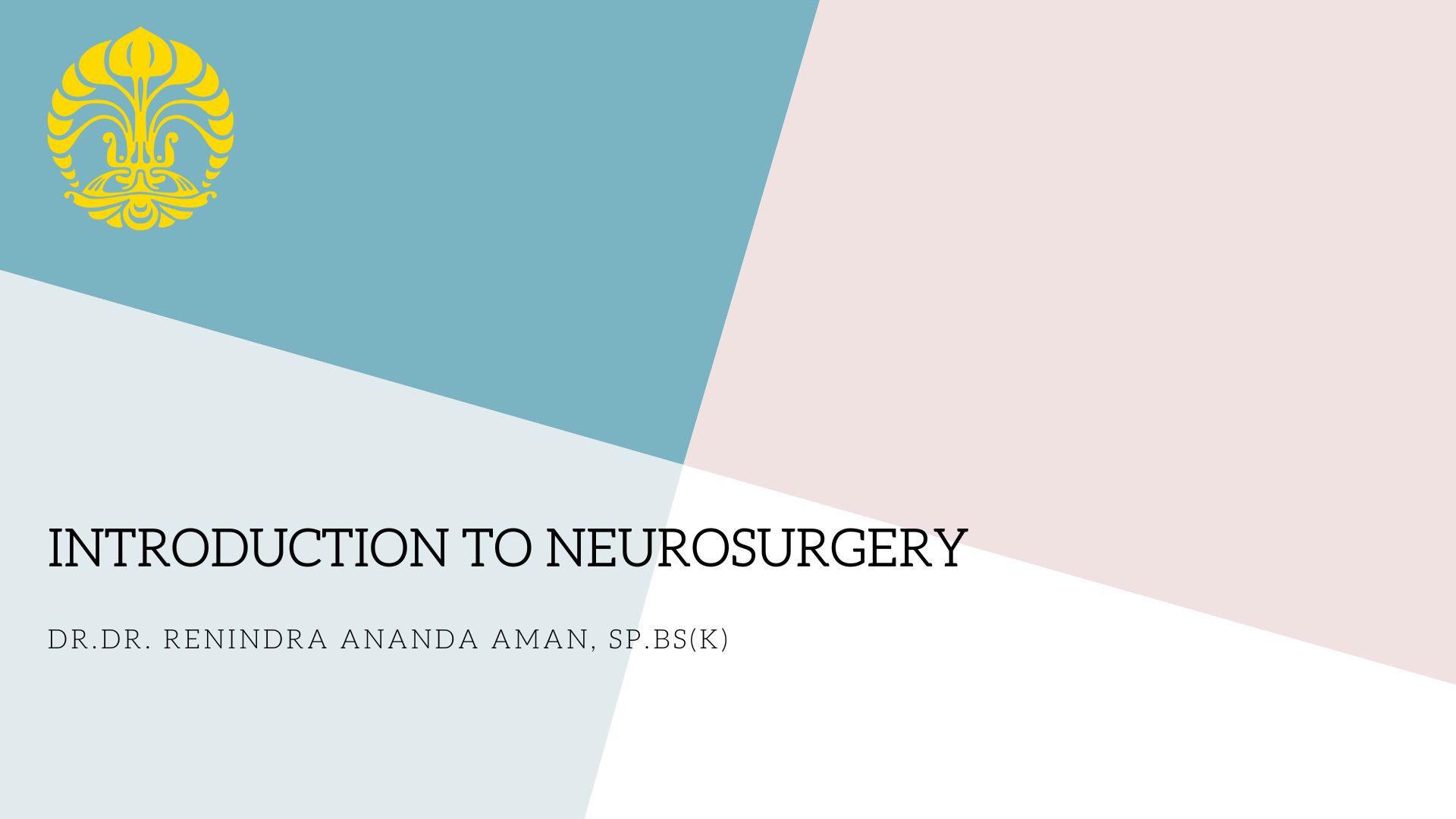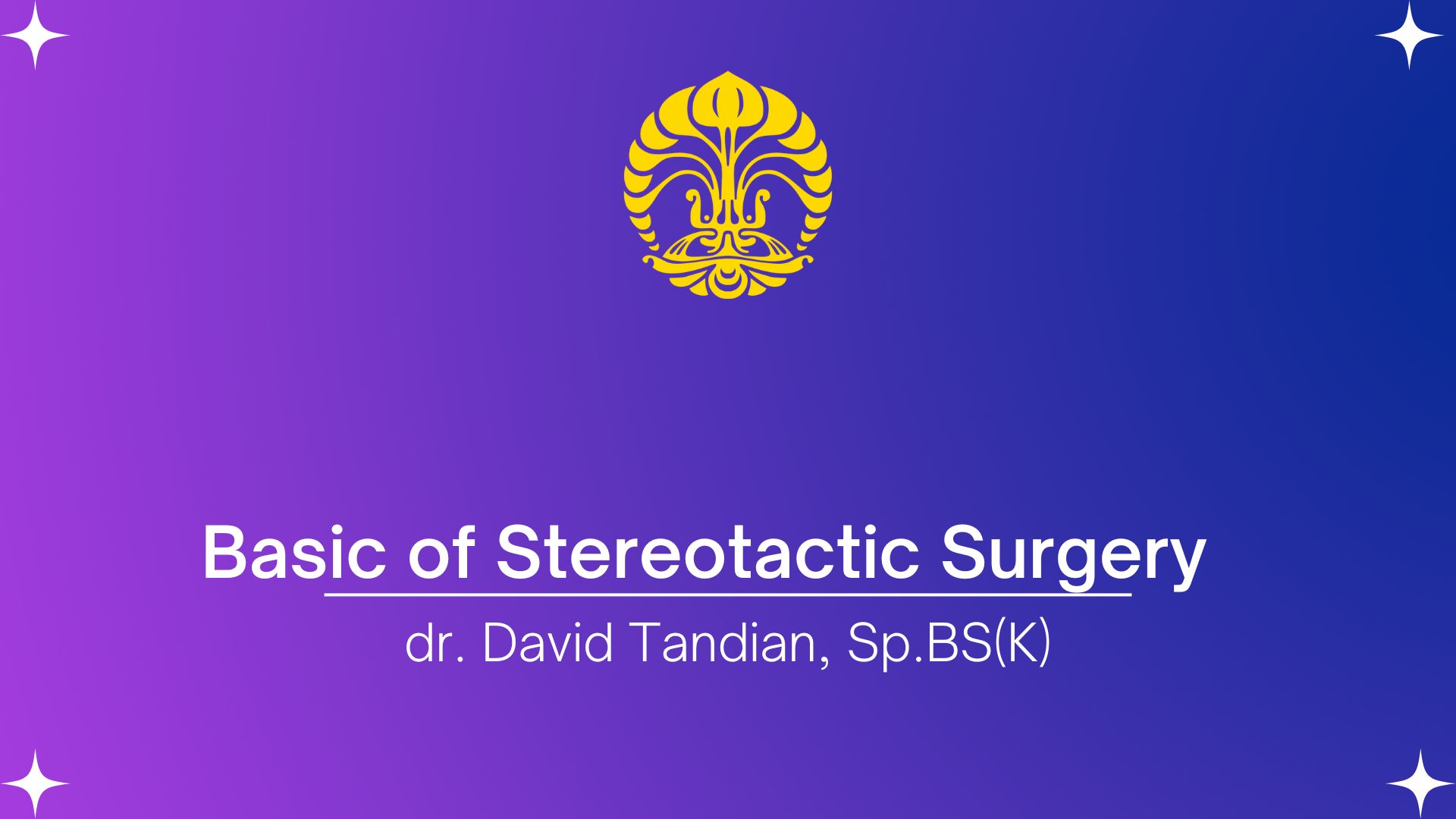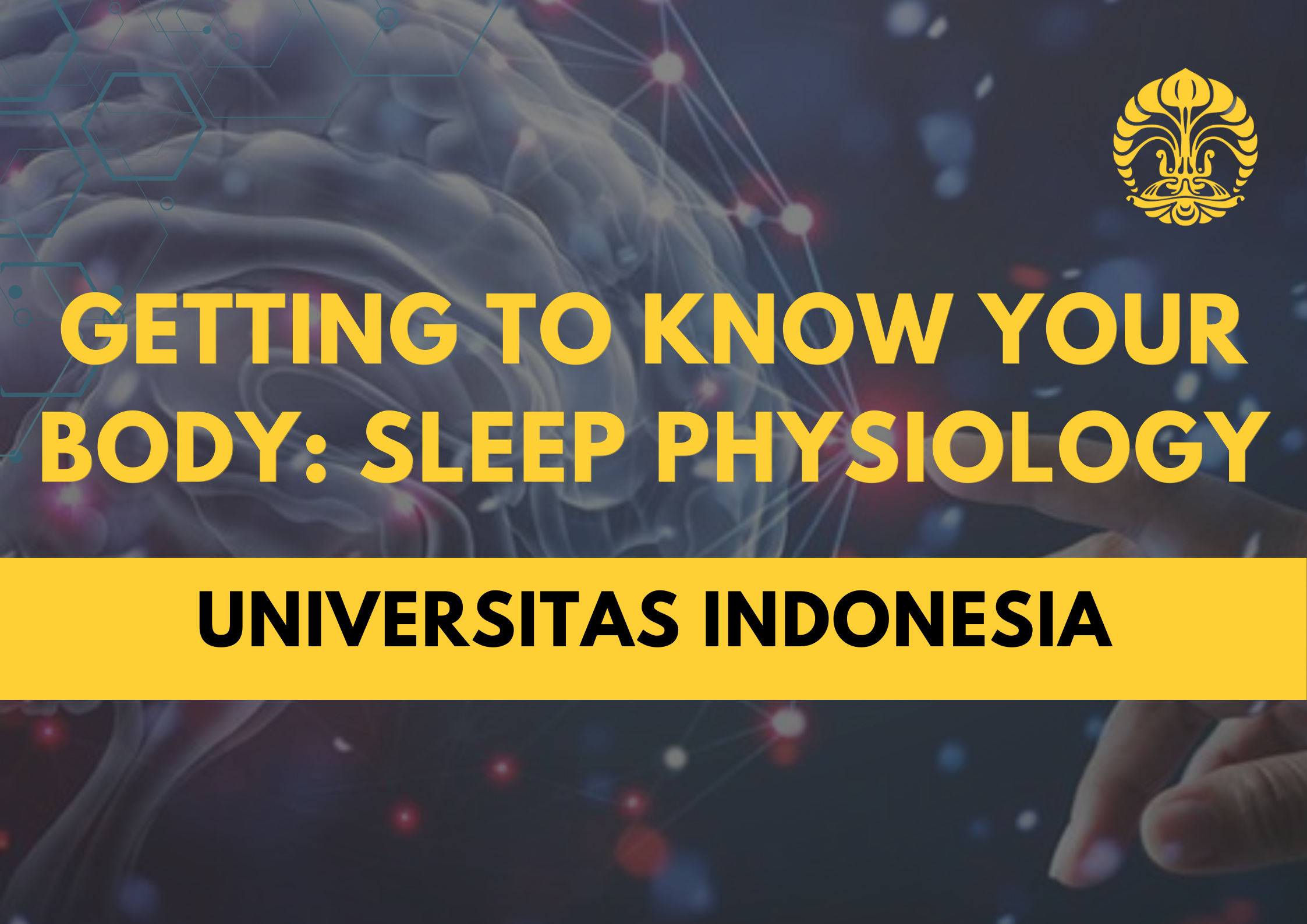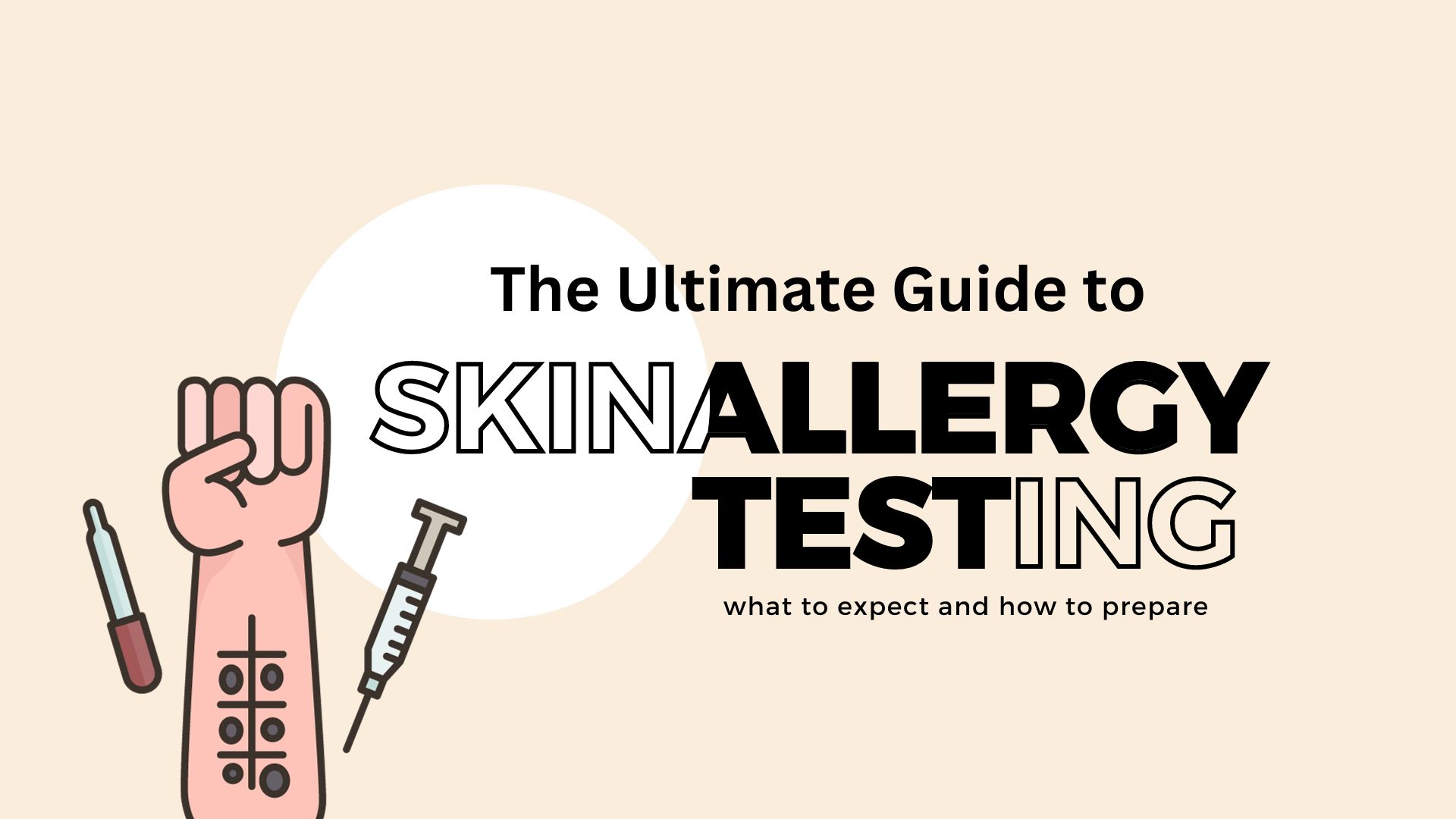
About Course
The "Global Health and Environmental" course given has the advantage of recognizing global concepts related to biodiversity, environmental pollution and global warming as well as global efforts in mitigation and anticipation, being able to carry out environmental health risk analysis and being able to identify disease disorders related to global environmental damage. Lecture material is designed to be delivered in 5 online lecture sessions via introductory learning videos from lecturers appointed to fill each session and is equipped with learning objectives, materials, summaries, discussion forums and quizzes as an evaluation of the understanding of the material presented to participants.
The learning method used is "Self Paced" and lectures are carried out in English with the time required for each session is 60 minutes
These MOOCs are very beneficial for students as a flexible and cost-effective way of learning to gain additional knowledge in their chosen field of study. For the general public, MOOCs offer the opportunity to learn new skills and broaden horizons. Apart from that, MOOC can also help increase opportunities for collaboration in the Tridharma PT sector.
Happy learning and good luck!
Requirements:
1. Participants consist of students and the general public (Government Employees, Private Employees, Entrepreneurs and housewives)
2. Participants must attend all sessions held and
3. Complete all assignments/quizzes and final exams
4. Participants are required (at least 2 sessions) to fill in the discussion column
Learning Outcomes : After completing this course, students are able to analyze and solving global environmental change problem and impact on public health. (C6, P5)
Course Staff
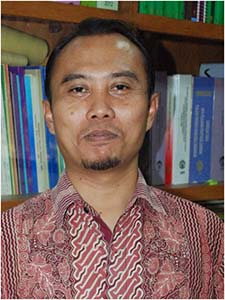
Dr. Budi Hartono, S.Si, MKM
Dr. Budi Hartono is a teaching staff at the Department of Environmental Health, Faculty of Public Health since 2012, who participated in developing the MK for Environment and Global Health in 2019. His latest education is a Doctorate in Public Health with his dissertation discussing the relationship between exposure to mercury in children and the incidence of autistic disorders.
The courses taught by him include: Environmental Health Risk Analysis; Environmental Health Chemistry; Environmental Risk and Toxicology Analysis, Environmental Quality Analysis, Food Safety and Food Poisoning Prevention.
Email : [email protected]
Course's Feedback
2.0/5



1 assessment(s)

